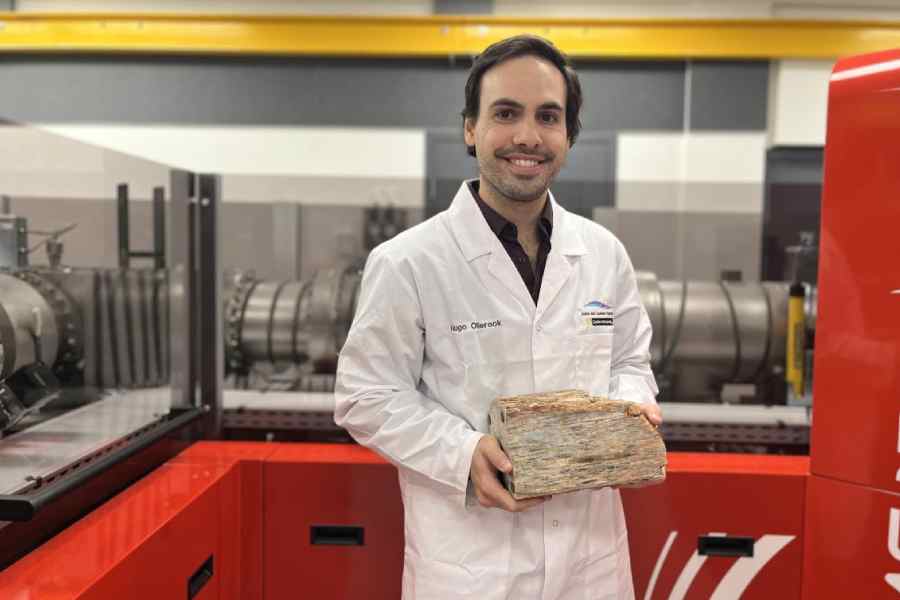Freshwater had emerged on Earth four billion years ago, scientists said on Monday, announcing the earliest evidence for freshwater and land masses above sea level and challenging current thinking that the planet was then entirely covered by an ocean.
The scientists who studied ancient rocks from present-day Western Australia that represent some of Earth’s earliest land masses have found evidence that hot, molten rocks had come into contact with freshwater at least four billion years ago.
Their study has pushed back the origin of Earth’s water cycle — the continuous process through which water moves between the land, oceans and atmosphere — by more than 500 million years, much earlier in the planet’s history since its birth some 4.6 billion years ago.
“This discovery… suggests that landmasses and freshwater set the stage for life within a relatively short time frame — less than 600 million years after the planet formed,” Hugo Olierook, a researcher at Curtin University, Australia, and a co-author of the study, said in a media release.
Olierook said the study’s findings “mark a significant step forward in our understanding of Earth’s early history and open doors for further exploration into the origins of life”. The findings were published in the research journal Nature Geoscience on Monday.
Scientists believe Earth's water likely came from the molecular precursors of water present since the planet's formation as well as from extraterrestrial bodies such as asteroids, comets and meteorites.
In the study, an international research team examined the oxygen composition of tiny mineral crystals called zircon in the ancient rocks and found chemical signatures that suggest that the rocks several kilometres below Earth’s surface had come into contact with freshwater.
“The evidence of freshwater this deep inside Earth challenges the existing theory that Earth was completely covered by an ocean four billion years ago,” Hamed Gameleldien, assistant professor at Khalifa University, Abu Dhabi, UAE, said in the media release from Curtin University.
The researchers also used computer simulations of the zircon’s oxygen composition to determine that a combination of freshwater and seawater had likely mixed with the hot and molten rocks in which the zircons formed.
Until now, the best geochemical records had suggested that the interaction between the freshwater and continental crust had become widespread by about 3.2 billion years ago, possibly earlier. But the start of Earth’s hydrological cycle had been unclear.
The new evidence indicating continental crust and freshwater four billion years ago suggests that the hydrological cycle had facilitated the development of environmental niches favourable for life less than 600 million years after Earth’s formation, the scientists said.
The oldest confirmed stromatolites — fossilised records of the earliest life forms on Earth — dated to about 3.8 billion years ago also in a region of Western Australia are believed to have formed in the presence of fresh water from meteorites and in a hot spring environment.










